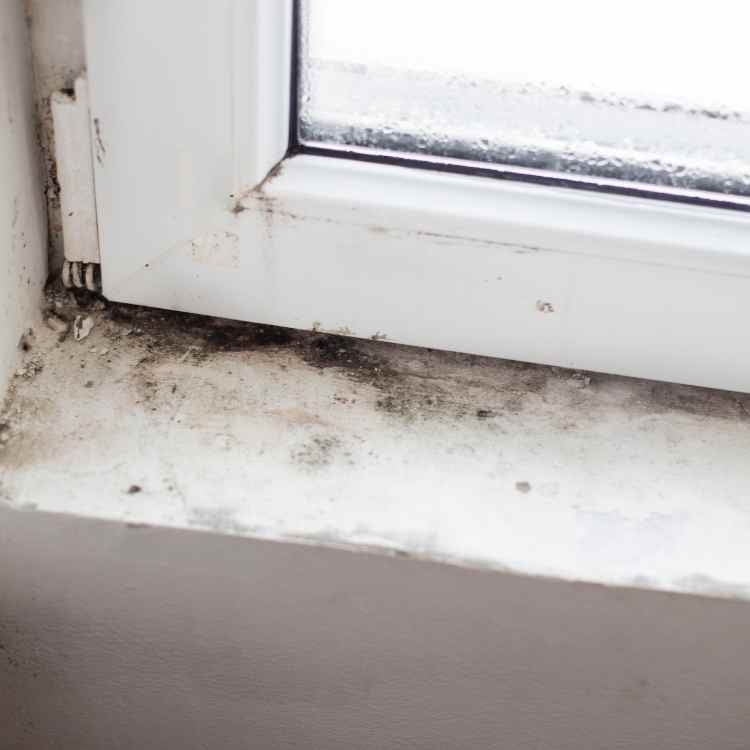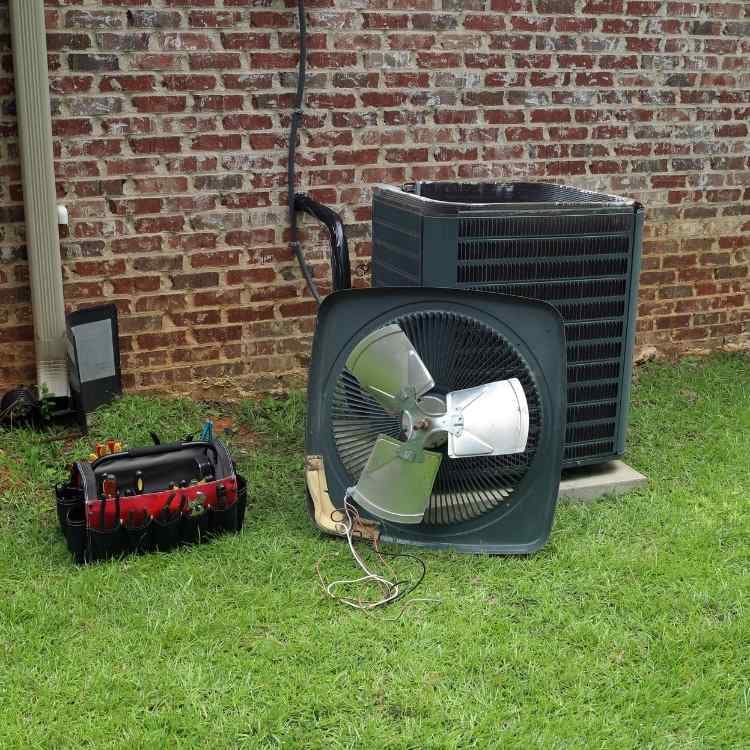Maintaining an optimal living environment requires a comprehensive approach to addressing the factors that impact indoor air quality. Among these factors is humidity, which can have a significant impact on both comfort and health.
Typically, the summer months are when humidity becomes a more significant issue for many homeowners. The combination of high temperatures and increased moisture in the air can lead to an uncomfortable indoor environment.
One approach to tackle this issue is using an air conditioner, which can help lower the humidity levels in your home. But how much does AC lower humidity, and is it effectively addressing the issue?
Here's a look at how air conditioners impact indoor humidity levels and what you can do to keep your house healthy and comfortable all summer.
What Causes Humidity?
Humidity is a measure of the amount of water vapor present in the air. This water vapor can come from a variety of sources, including:
- Cooking or boiling water
- Showering or bathing
- Wet clothing
- Exercising or heavy breathing
- Outdoor weather conditions
- Poor ventilation
In most cases, the humidity in the air is relatively low and not cause for concern. However, certain conditions can lead to increased humidity levels. For example, warmer temperatures cause the air to hold more water vapor.
Not surprisingly, humidity is often more of an issue in the summer months. All you need to do is think of the last time you walked outside and thought, "Man, is it swampy out here." That's the fastest way to describe a high-humidity day.
It might feel hard to breathe, and your clothes might feel damp and heavy. That's because the air is full of water vapor and cannot evaporate quickly enough to keep you comfortable.

Impacts Of High Humidity
Maintaining healthy indoor humidity levels is essential for both comfort and health. However, when indoor humidity levels are too high, it can lead to a variety of problems, including:
Physical Discomfort - High humidity levels can make it feel hotter than it is and lead to increased discomfort, especially during the warmer months.
Health Problems - Besides physical discomfort, high humidity can aggravate respiratory problems and lead to other health concerns. For example, mold and mildew thrive in humid environments. If these contaminants are present in your home, they can cause various health problems, including respiratory infections and allergic reactions.
Damage To Your Home - High humidity can damage your home. It could cause wood to rot, paint to peel, and other problems in severe cases. However, ventilation in high-humidity areas such as bathrooms, kitchens, mudrooms, or dehumidifiers can often mitigate these risks. For the most part, regular exposure to environmental humidity alone won't cause extensive damage to your home.

How Does My AC Lower Humidity?
Now that we've looked at the causes and effects of high humidity, you might be wondering how air conditioners lower humidity. Air conditioners siphon moisture and heat from the air in your home.
The air conditioner removes this heat by circulating air through a system of coils. As the air passes over these coils, the heat gets transferred from the air to the coils. This process extracts moisture from the air, which helps lower your home's humidity levels.
It's important to note that air conditioners do not actually "cool" the air. Instead, they work by removing heat from the air. This process has the side effect of removing moisture, which is why AC units add comfort on muggy, steamy summer days.
How Much Does AC Lower Humidity?
Generally, a home with an efficient air conditioner can lower humidity levels by as much as half. However, this can vary depending on the unit, the home size, and the humidity levels in your area.
Keep in mind the ideal relative humidity level for most people and animals is 30-50%. This range of humidity levels is comfortable and won't lead to the problems we discussed earlier.
And while you might think that a larger unit would be better at lowering humidity, this isn't always the case. Units that are too large can worsen humidity levels because they cool the air so quickly that moisture doesn't get removed correctly. In addition, having a larger unit than you need could make your home feel cold, clammy, and uncomfortable.
Similarly, installing a unit that isn't large enough can make it challenging to achieve your home's ideal relative humidity level.
Overall, the best way to find an air conditioner that will work well for your home is to consult with a professional. They can help you choose a unit that is the right size and has the features needed to keep your home comfortable while reducing humidity levels.
Can Other Steps Get Taken To Lower Humidity?
While air conditioning is effective at lowering humidity, why not consider some of these other tips to lessen the moisture in your home even further:
Use Exhaust Fans When Cooking - See all that steam coming from your rolling boil? That's moisture that can quickly raise the relative humidity in your kitchen. Turn on the exhaust fan to help ventilate the room and remove some of that excess moisture.
Open Up Windows On Good Air Quality Days - Ventilation is key to preventing high humidity levels in your home. If the air quality is good and the air temperatures are comfortable, consider opening up some windows to let fresh air in and cycle stale air out.
Keep Houseplants - Houseplants help improve indoor air quality while adding extra moisture to the air. It might seem counterproductive, but a few strategically placed houseplants can help you achieve your home's ideal relative humidity level. Plants synthesize the moisture in the air to help them grow, which can help regulate the humidity in your home.
Reaching Ideal Humidity Levels
High humidity levels can lead to discomfort, health problems, and damage to your home. Thankfully, air conditioners are an effective way to lower humidity.
Contact our professionals if you have questions or concerns about whether the AC system in your home is operating efficiently.


